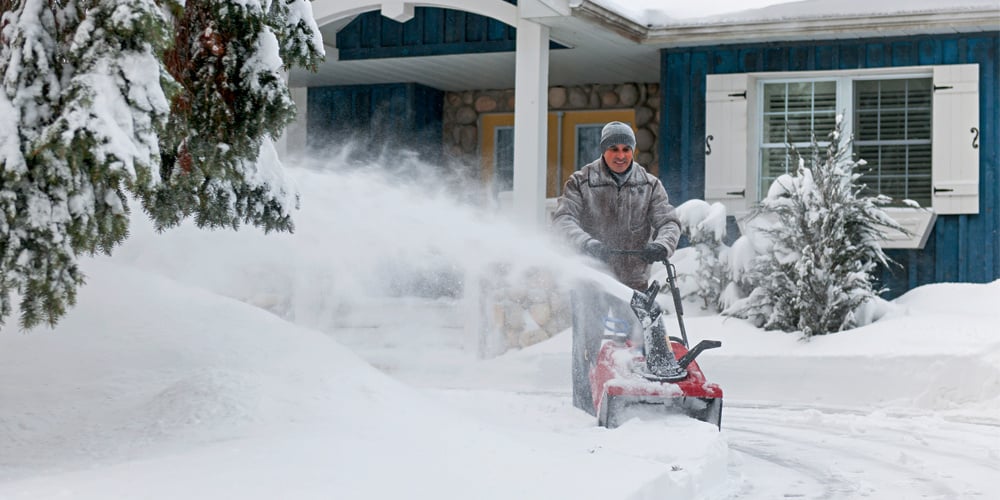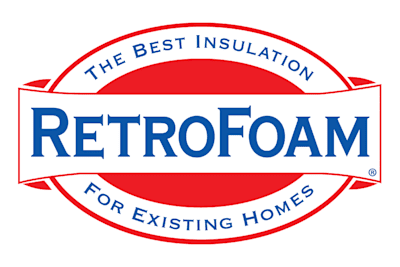Home Insulation for Extreme Climates – Best Practices for Hot and Cold Environments
spray foam insulation | RetroFoam insulation | home insulation | foam university


Insulation plays a crucial role in keeping your home comfortable, especially in extreme climates.
Whether you’re dealing with scorching summers or bone-chilling winters, the right insulation can make all the difference. In this article, we’ll dive into how to insulate your home effectively in extreme weather conditions, ensuring your house stays cozy no matter the season.
Extreme Climates Require Superior Insulation
One of the most common questions we get is, “How do you insulate a home in extremely hot or cold conditions?”
The answer lies in understanding that extreme temperature climates call for more or more effective insulation.
Imagine living in an area where temperatures can swing from a toasty 100 degrees in the summer to a frigid negative 30 degrees in the winter. In such environments, insulation isn’t just a nice-to-have – it’s a necessity.
A home in a moderate climate might get by with minimal insulation, but in extreme conditions, you need insulation that performs exceptionally well.
Why Foam Insulation is the Best Choice for Extreme Weather Conditions
Foam insulation works by creating an air seal, which is particularly important in extreme climates.
In very windy and cold environments, for instance, having a material that helps establish this air seal is key. Foam insulation not only fills the gaps and cracks that might let cold air in but also keeps the warm air from escaping.
Consider your refrigerator or freezer at home. These appliances have to maintain a much different temperature inside compared to the surrounding room. The walls of your fridge and freezer are lined with foam insulation because it’s the best material for stopping heat transfer in extreme conditions. The same concept applies to your home.
Benefits of Foam Insulation in Extreme Climates
Spray foam and injection foam, like RetroFoam insulation, have a lot of benefits that can help make dealing with extreme temperatures a little easier.
Energy Efficiency
Foam insulation significantly reduces the amount of energy needed to heat or cool your home, leading to lower utility bills.
By keeping the desired temperature inside, your HVAC system doesn’t have to work as hard.
Comfort
With foam insulation, you can maintain a consistent and comfortable indoor temperature, regardless of the weather outside.
No more dealing with a house that’s too hot in the summer or too cold in the winter.
Durability
Foam insulation is known for its longevity and ability to withstand extreme conditions without deteriorating.
This means that once installed, you won’t have to worry about replacing it anytime soon.
Air Quality
Foam insulation helps prevent outdoor pollutants and allergens from entering the home.
This can improve your indoor air quality and create a healthier living environment.
Making the Right Choice for Your Home
Whether you’re battling extreme heat or bitter cold, the principles of insulation remain the same.
You need materials that can effectively block the elements. Foam insulation offers the best solution for maintaining a comfortable and energy-efficient home in any extreme climate.
If you’re ready to take control of your home’s comfort, check out the Dealer Finder on our website to connect to a RetroFoam dealer near you. They can help you understand how foam insulation can make a difference in your home and guide you through the installation process.
Related Articles
Sealing the Comfort Gap: Treating Your Home Like a Fridge
How to Improve Heat Pump Performance with Foam Insulation
What Homeowners Often Misunderstand About Insulation R-Value
About Eric Garcia
Eric brings his knowledge and training in building science, training in spray and injection foams from the manufacturers, more than eight years installing foam insulation, as well as selling and managing in the foam insulation industry. He is also BPI and Dale Carnegie certified and has taken several building science courses, including air sealing and building envelope. Eric is the Professor of Foam on our educational YouTube series Foam University. Even when Eric is off he is usually still “working” or thinking about work, but when he can get away he enjoys camping, hiking, hunting, and woodworking.



